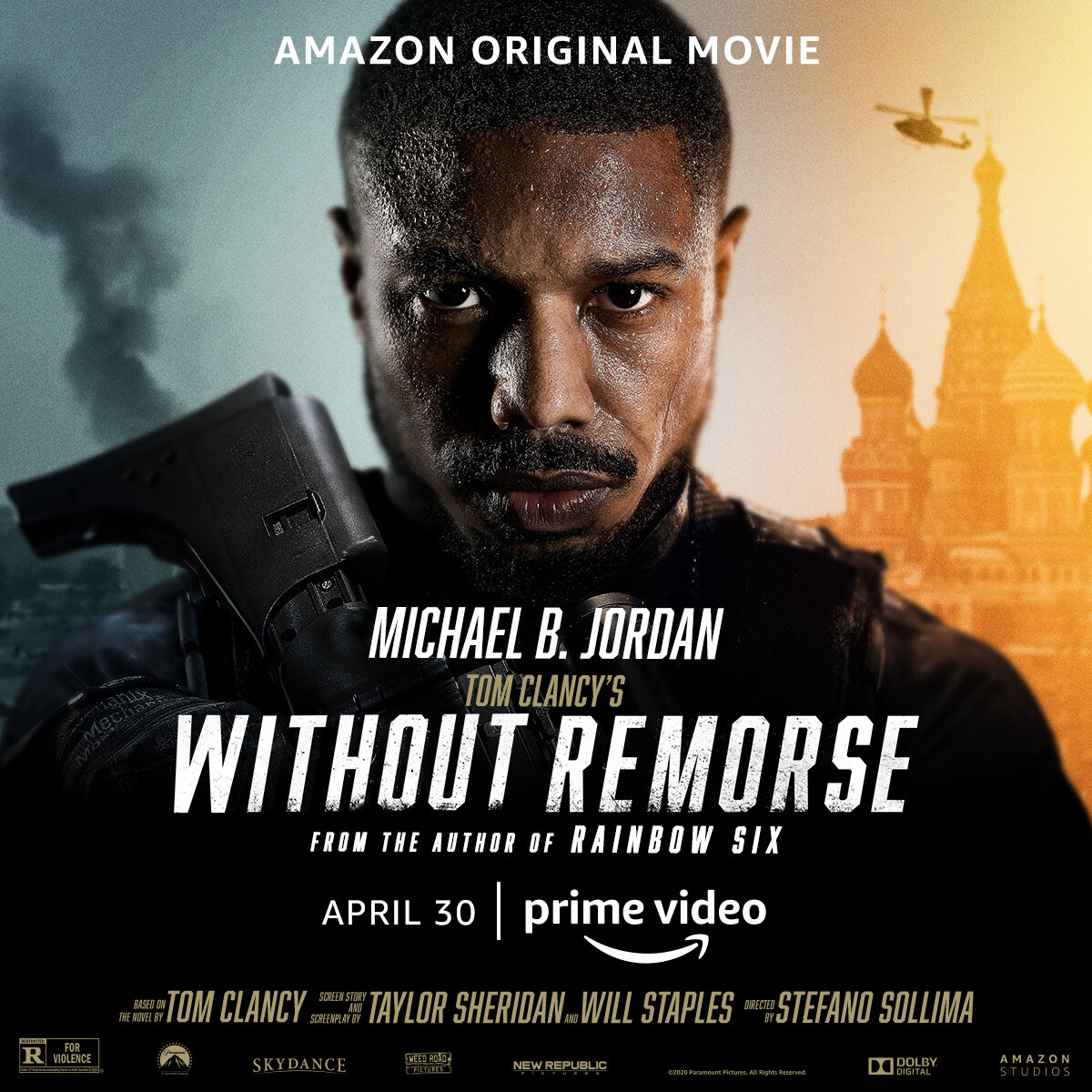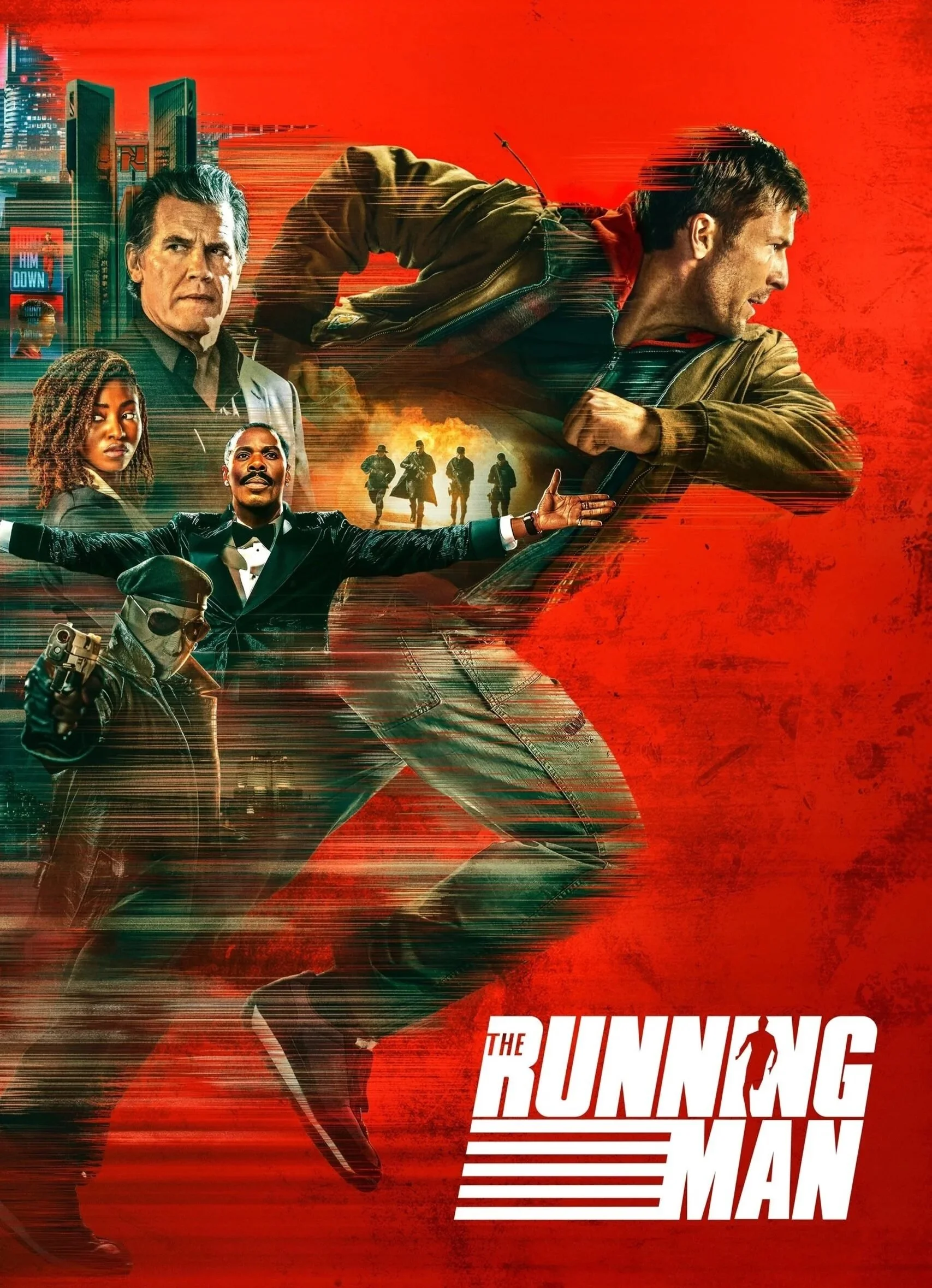Sicario 2: Soldado

When Sicario came out of nowhere in 2015 it was a complete surprise, but this sequel has the weight of expectation upon it. Thankfully, Sicario 2: Soldado is arguably just as tense, complex and morally challenging as the first film.
Premise: When the Mexican drug cartels are implicated in smuggling ISIS terrorists into the US across the Mexican border, the US Secretary of Defence (Matthew Modine) authorises CIA covert operations maestro Matt Graver (Josh Brolin) to deniably ignite a war between the cartels. Matt then calls in his asset Alejandro (Benicio del Toro), the prosecutor turned “sicario” (a Mexican hitman), for the chance to take down the cartel responsible for his family’s murder.
Review:
The critically acclaimed, slow paced and intelligently written thriller Sicario is not exactly the kind of film that you immediately expect to see a sequel to, as it was not only a fairly challenging watch (rather than a crowd-pleasing blockbuster), but it also seemed pretty self-contained. However, Oscar nominated writer Taylor Sheridan has taken his initial concept from Sicario and expanded it into an even wider ranging examination of the complexities of combating crime along the US/Mexican border.
So whereas Sicario focused on police investigations into the drug cartels’ activities along the border, Soldado (Spanish for “soldier”) examines what happens when tensions escalate into full blown covert military intervention on foreign soil. The focus also shifts from looking at drug trafficking to the cartel’s involvement in people smuggling, as it’s this aspect of their criminal activities which gets the attention of US politicians looking for an easy target to blame for a recent terrorist attack.
“…real-life parallels make Soldado eerily topical & a grim example of history repeating itself…”
Soldado deals with topical issues and themes just as well as Sicario did, and if anything, they are more front and centre this time. Because the events of Sicario were seen through the eyes of Emily Blunt’s character, for most of the film the audience were only aware of her motivations (and the real intentions of Josh Brolin’s CIA operative and Benicio del Toro’s enigmatic character were left deliberately ambiguous). But in Soldado, Brolin and del Toro are the lead characters, so we get to see “behind the curtain” in a way we didn’t get to in Sicario.
For example, we get an insight into the conflicts between the pressure coming from the US politicians (who have their own reasons for wanting to score political points), and the advice from the intelligence community (which arguably has a better understanding of the practical complexities on the ground). Each party has their own motivations for wanting to take action, most of which are based on good intentions, but the lack of clear and agreed long-term objectives when intervening in the socio-political structures of foreign countries is something which the US has historically had problems with on many different occasions. It’s these real-life parallels which makes Soldado both eerily topical, and a grim example of history repeating itself.
“…events begin to challenge the belief that the ends always justify the means…”
Although Sicario director Denis Villeneuve did not return for Soldado, Italian director Stefano Sollima (making his first English-language film) does an impressive job of matching the tone of the first film while also making this his own. He is also able to generate a similar sense of tension to the one that made Sicario so memorable, and in fact, there are a couple of scenes in Soldado that rival the tension of the bridge scene from Sicario.
The cast are all superb, with Benicio del Toro taking centre stage following his enigmatic appearance as Alejandro in Sicario. We get a deeper examination into his character and his own moral compass, especially as events begin to challenge his belief that the ends always justify the means. Josh Brolin also has a lot more to do as Matt Graver in this sequel, and perfectly portrays the conflict between his duties as a military man, and his own sense of right and wrong.
“…tackles morally complex issues without giving the audience any easy answers…”
The two leads are ably supported by Catherine Keener as Matt Graver’s CIA superior, and Matthew Modine as the US Secretary of State, while Jeffrey Donovan returns as Matt’s right-hand-man and CIA covert operative Steve Forsing. Joining this cast of veteran actors is newcomer Isabela Moner, who does a great job carrying a lot of the emotional strands of the film. And as much as I love Emily Blunt as an actress, I didn’t feel that the film suffered from her absence, although it did (no doubt deliberately) give Soldado a very different tone and feel from Sicario. I also wonder, following the events of Sicario, where you could possibly take Emily Blunt’s character without undermining what she experienced in that first film?
Perhaps not quite as fresh as Sicario, Soldado is still another morally challenging screenplay from Taylor Sheridan that has been produced into a tense and visceral film, this time by Stefano Sollima. I found it gripping from the opening scene until the end credits, but given that it tackles morally complex issues without giving the audience any easy answers, it might be a bit too nihilistic for some viewers. That said, this works as both an intelligent and morally ambiguous watch, and as a visceral, action-packed thriller, so hopefully should offer something for the heart as well as something for the head.






